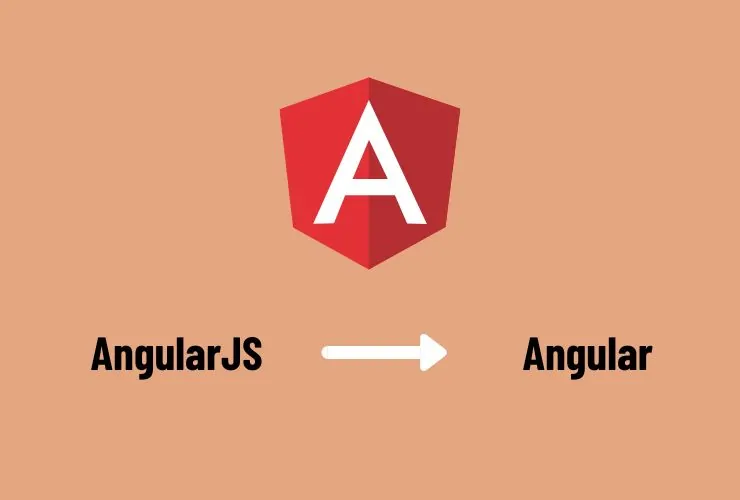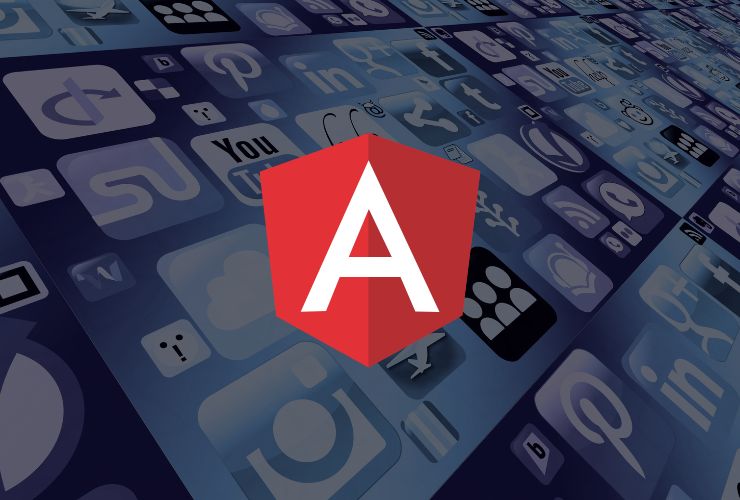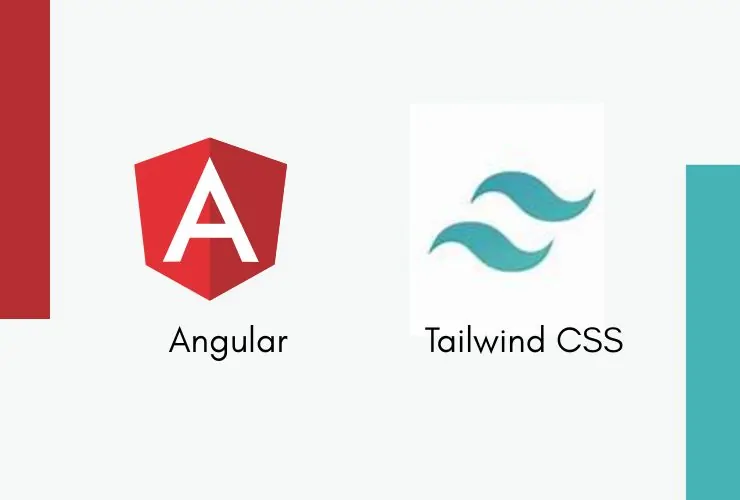Angular has emerged as one of the most popular frameworks for building modern, scalable, and high-performance web applications. Backed by Google, Angular offers a robust ecosystem that combines TypeScript, a component-based architecture, and advanced tooling to deliver enterprise-grade solutions.
However, to unlock the full potential of Angular, developers must follow industry best practices that not only ensure performance and maintainability but also guarantee long-term scalability and security.
In this blog, we’ll dive into the best practices for Angular app development and explore how these practices can transform projects into future-ready applications.
1. Use a Modular Structure
A clean and modular structure is the foundation for a scalable Angular application. This means that a developer should try to split an application into the following types of modules:
- Feature Modules, which encapsulate the code that holds functionality for different areas of the application.
- Shared Modules, which is intended to contain code that could be reused across the application. This code could be made up of components, pipes, directives, etc.
- Core Module, which could be used to hold code that is for single-use throughout the application. It may hold a service for authentication, configuration, etc.
This modularization will improve maintainability, testing, and provide easier team work-flow on a large project.
2. Follow Angular Coding Guidelines
Consistency is so vital in the way code is authored. By following Angular’s official style guide, you will:
- Use meaningful names for components, services, and variable names,
- Use the static typing in TypeScript to catch as many mistakes early as possible,
- Logical project structure for manageable readability.
Creating a consistent body of code will make it easier to expand, debug, and onboard other developers on a project.
3. Understand Application Performance
The performance of an application will determine the user experience. Angular has many best practices embedded in it to ensure that speed is optimized:
- Lazy Loading – only load modules when they are needed. This ensures that the initial bundle size is as small as possible.
- OnPush Change Detection – avoid unwanted and unnecessary updates to the DOM.
- Ahead-of-Time (AOT) Compilation – avoid unwanted and unnecessary updates to the DOM.
- *trackBywith ngFor – only need to consider the items that changed.
By using these optimizations, your Angular application will be fast, efficient, and user-friendly.
4. Security Should Be a Priority
Security should not be an add-on, but rather a built-in approach. Angular offers many features to help mitigate risks, but it is up to developers to also follow best practices:
- Sanitizing user input to avoid XSS attacks.
- Using Angular’s APIs for DOM sanitization.
- Implementing secure authentication and role-based authorization.
- Updating dependencies regularly to patch vulnerabilities.
By making security a default part of every development step, businesses can protect sensitive data while instilling trust with the end-user.
5. Utilize Angular Material To Improve UI/UX
Good user interfaces result in better engagement. Angular Material, along with other third-party UI libraries, provides out-of-the-box components that are:
- Responsive.
- Accessible.
- Consistent across devices.
Developers can create great looking apps that are intuitive at breakneck speeds without sacrificing quality.
6. Put State Management in Place
Work flow for developers in Angular applications is unstructured. For this reason, there are plenty of options for managing state. These tools include NgRx or Akita. Given that all apps have state and you’ll want to manage that state effectively in your apps, I will point out a few of the advantages of using state management tools:
- Centralizes application data.
- Allows for easier debugging.
- Increases predictability of application behavior.
Keep in mind that state management will provide the tools to ensure that your applications remain solid and scalable as you grow.
Conclusion
By following these best practices, developers can produce Angular applications that are:
- High-performing
- Secure
- Maintainable
- Scalable
Whether you are developing a single-page application (SPA) or an enterprise-scale application, these guidelines will help ensure ongoing success in the future.
Empirical Edge’s Angular Development Services
At Empirical Edge we help businesses leverage Angular to create robust, modern and scalable applications. Our expertise includes:
- Custom Angular Development – Tailor-made applications that meet your unique business needs.
- Single Page Applications (SPA) – Dynamic, high-performing, interactive web applications.
- Angular Migration & Upgrades – Migrate without the headache from legacy applications to Angular.
- UI/UX Design & Development – Beautiful user interfaces utilizing Angular Material and modern design thinking.
- Performance Optimization & Maintenance – Speed, scalability, ongoing support to maximize your ROI.
Learn more here: Angular Development Services
Want to build Angular applications that are future-ready? Contact Empirical Edge today, and let’s put your plans into action!
Build High-Performance Angular Applications with Confidence
Ready to create a fast, scalable, and future-ready web application? Empirical Edge delivers expert Angular development tailored to your business goals—helping you launch reliable solutions that drive growth and competitive advantage.
Frequently Asked Questions
Key best practices include modular architecture, reusable components, strong typing with TypeScript, performance optimization, and implementing robust security measures to build scalable applications.
A well-structured codebase improves maintainability, accelerates development, and reduces technical debt, making it easier for teams to scale applications over time.
Performance can be enhanced through lazy loading, Ahead-of-Time (AOT) compilation, minimizing bundle sizes, and efficient state management.
Yes. Angular provides a powerful framework with built-in tools, strong architecture, and long-term support—making it ideal for complex enterprise solutions.
Following security best practices such as input validation, authentication controls, and protection against common vulnerabilities helps safeguard business data and user trust.














